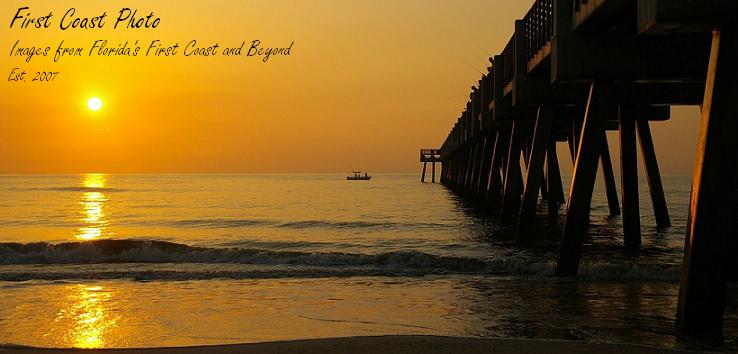 My ABC Wednesday post this week is a bit wrong actually - only in America do some people refer to the below instrument as a "French" horn; everywhere else in the world it is simply the horn - so perhaps I should have waited two more weeks for "H". :)
My ABC Wednesday post this week is a bit wrong actually - only in America do some people refer to the below instrument as a "French" horn; everywhere else in the world it is simply the horn - so perhaps I should have waited two more weeks for "H". :)The horn as we see and know it today is not actually a French design at all, but rather more German than anything.
 Why then do some refer to it as a French horn? That requires a little history. Horns originally came from animals horns thousands of years ago and have been used for military and civil signaling devices for centuries. As metal working skill developed they were made from various metals. If we fast forward a number of centuries we arrive in Medieval Europe where the conical horn that we all recognize had begun being used in the hunt as a signaling device, a role that we have come to associate even the modern horn with today - ever see a movie with a hunting scene that didn't have horn music accompanying it?
Why then do some refer to it as a French horn? That requires a little history. Horns originally came from animals horns thousands of years ago and have been used for military and civil signaling devices for centuries. As metal working skill developed they were made from various metals. If we fast forward a number of centuries we arrive in Medieval Europe where the conical horn that we all recognize had begun being used in the hunt as a signaling device, a role that we have come to associate even the modern horn with today - ever see a movie with a hunting scene that didn't have horn music accompanying it?
 And here is where the distinction in name comes into play. Around the boroque period in music (J.S. Bach, Telleman, Vivaldi, Correli, Handel, etc.) the horn began to find its way into the orchestra - at first mainly to depict hunting scenes in operas and such, but eventually as a core member of the orchestra for purely musical reasons. In England the horns were smaller, while on the Continent they were larger. Those larger horns became known as "French" horns in England simply to differentiate them from the smaller British version.
And here is where the distinction in name comes into play. Around the boroque period in music (J.S. Bach, Telleman, Vivaldi, Correli, Handel, etc.) the horn began to find its way into the orchestra - at first mainly to depict hunting scenes in operas and such, but eventually as a core member of the orchestra for purely musical reasons. In England the horns were smaller, while on the Continent they were larger. Those larger horns became known as "French" horns in England simply to differentiate them from the smaller British version.
But eventually nearly all horns came to be of the same larger size as was common in France, etc. and the differing names were no longer necessary. Alas, the name stuck in England and America - though thankfully the Brits have since seen the light and dropped the "French" and call it simply "the horn". Indeed, the International Horn Society deems that the name should be simply "the horn" as well. And so I say to you all, please - don't call our noble instrument a "French" horn.
The organ might be known as the king of instruments, but the horn must certainly therefore be at least a prince.





17 comments:
Well that was sure interesting! So from now on I will just call it "the horn".
The red fire hydrant was in front of a church.
Wonderful "f" choice. Great horn!!
I love the French Horn, and very nice history of it from your part of the world
Thank you for a well illustrated and interesting story. I didn't know about this distinction, but I'll try to avoid talking about "French horns"!
Very interesting, sort of like French Fries not being French; D
Wonderful choice for F. Thanks for all the information. I do like the mellow sound of the horn.
Oh too bad we don't have sound to go with this post!
Nice and interesting post!
Fabulous! And original!
See HERE
well that was full of falsity and furtiveness
What a great "F" post....I love this one...
A history lesson and illicit photo, what a combo.
Fascinating history.
Interesting. Thank`s for telling about the history around it.
Have fun with it! :)
That's great, thanks. I love the things I learn by blogging.
Good post for F -of course you must call it a French horn, not to be confused with the Eb Tenor Horn that is played in brass bands.
Post a Comment